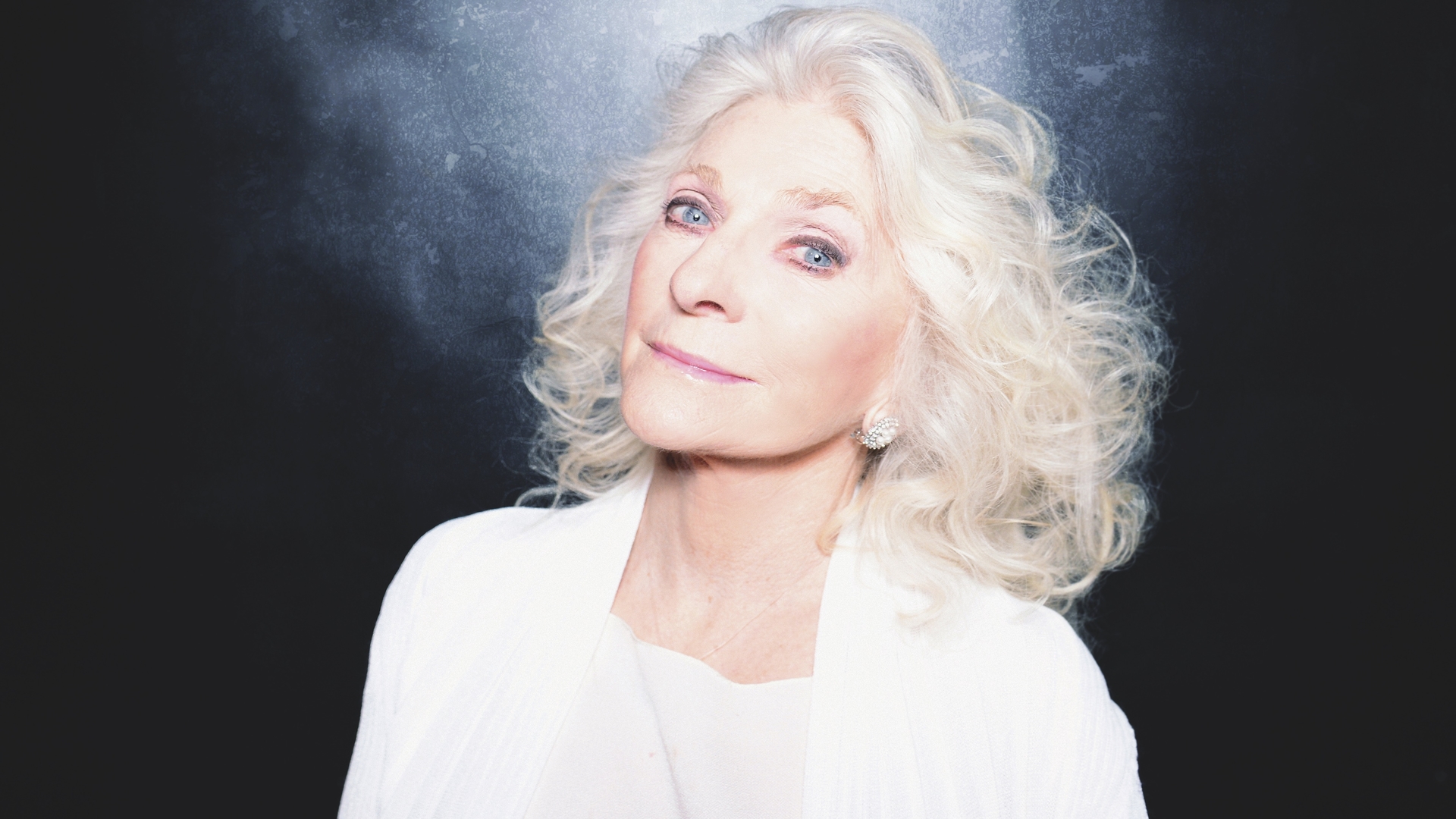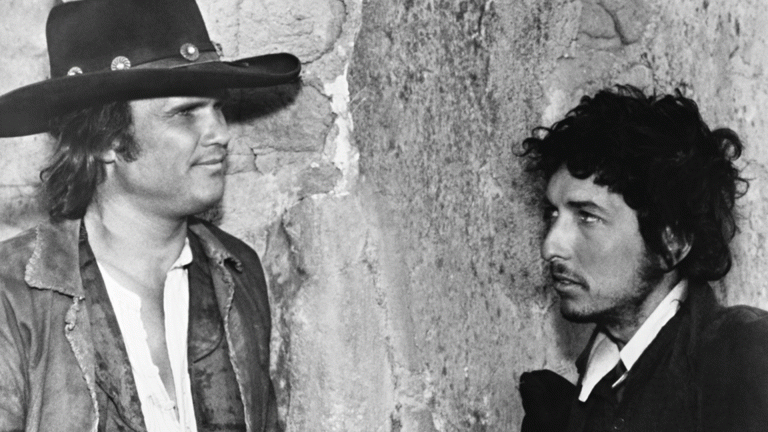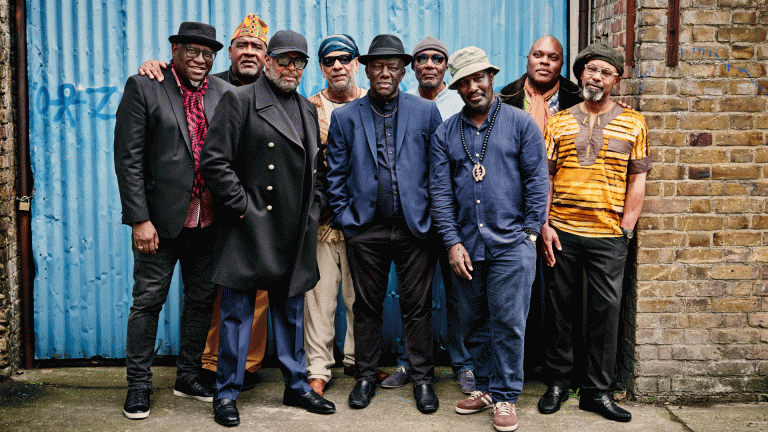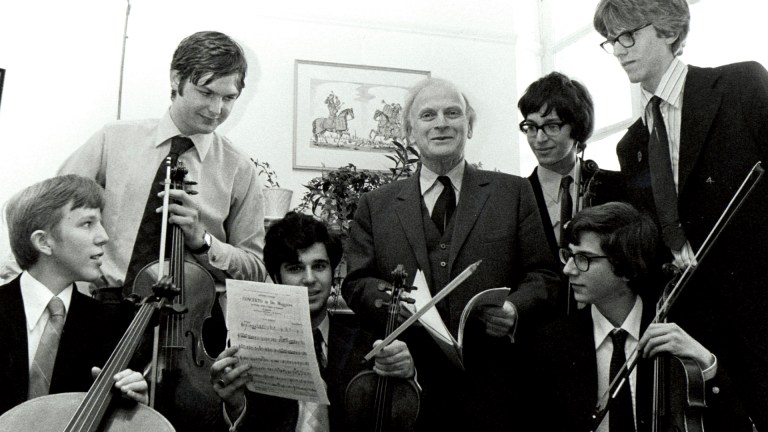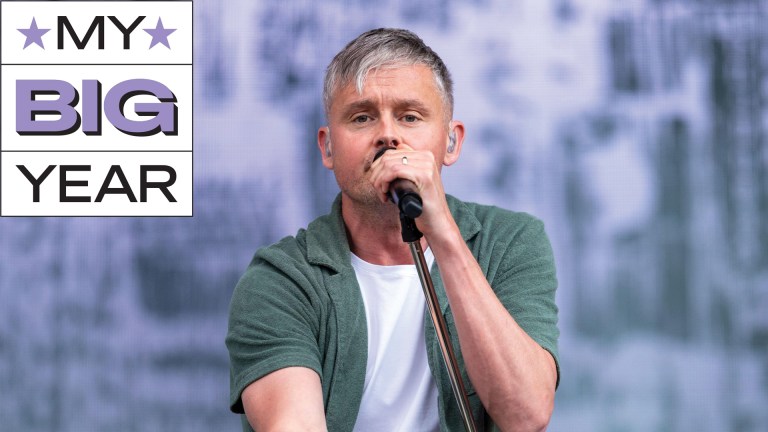At 16 I was already I was an old soul. I was desperate about my music – always learning, listening, practising classical piano for two hours a day. One day when I was almost 16, I turned on the radio and this guy was playing folk music. I just flipped out over these songs and I called my father and said, I have to have a guitar. And from then on it was The Gypsy Rover and Barbara Allen instead of Beethoven. And I was going on my father’s radio show and going up to the mountains to the folklore centre meetings and listening to people singing Woody Guthrie and Pete Seeger songs. It was a very exciting time.
Oh boy, I was a very productive, active teenager. I was the eldest of five. I had to help my mother with the chores and I had to babysit to earn the money to buy all these folk records from the local store; The Clancy Brothers, Ewan MacColl, Peggy Seeger, all these old Irish and Scottish folk songs. My two best friends were dancers and so we developed a performance of The Gypsy Rover which we played all over town – at the Rotary Club and Lowry Air Force Base and Fitzsimmons General Hospital [in Colorado]. We were going to take this thing to Vegas!
I think I’d like the 16-year-old Judy if I met her now. She was very bright. She was a bit of a flirt. She was very intense. She hated her nose – she put a clothes pin on it when she went to sleep. She talked a lot and she was always practising or having to do something. I’d like to have her as a niece or granddaughter or something. She was always interested in everything. But she had also tried to kill herself when she was 14. I would like to say to her, everything is gonna be great. In spite of the fact that you were born with alcoholism in your genetic makeup – my father was an alcoholic, everybody we knew drank – your discipline will keep you from destroying your career before it happens. In spite of your depression, and the fact you’re always worried about your weight, and about food, in spite of the fact that you drink, everything’s going to work out fine.
By the time I was 19, I was in Boulder, Colorado, I had my little son Clark, my husband was getting his degree and I was working for pennies at the university administration office. I called my father and he got me an audition at a club called Michael’s Pub. It was a college hangout, so it was jam-packed, smoke-filled every Friday and Saturday night. Well, I was shaking in my boots. I dressed like the gypsy rover; I was wearing a pixie outfit with tights and boots and a little silk red top. My hair was very short – my husband had put a bowl on my head and cut my hair. I was very nervous but you know, once I opened my mouth… I mean, I’ve been performing since I was five years old. I started to feel great. And after I was finished, Mike Bisesi, who owned the club, came up to me and said, oh my god. I said, what’s the problem? He said, well, you were great. And I said, is that a problem? And he said, yeah, I’m probably gonna have to hire you.
Do I think 19 was too young to be married with a baby? I don’t think I had a choice. There was no way that I was going to make a plan that I could write down and then do. That’s not the way life is. I trusted my impulses. And I was very, very disciplined. From the age of five I had to practice every day, do my homework, do my chores. A lot was expected of me. That’s the way we were brought up. My father was blind, and he did everything himself. And he wanted us to succeed and to have great grades, and to show up and be stellar performers in our communities. I think that all that time growing up, that’s what prepared me for this 60-year career.
